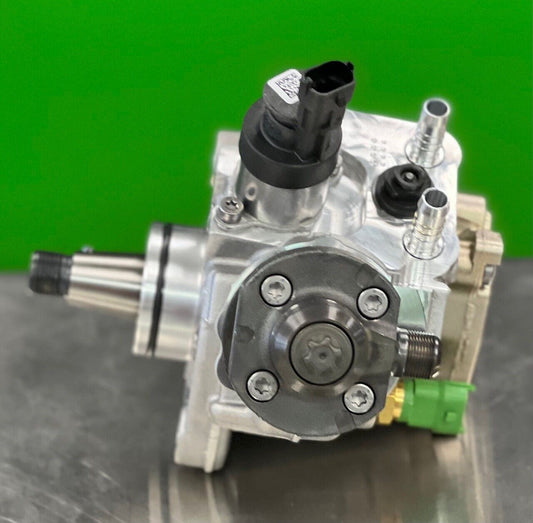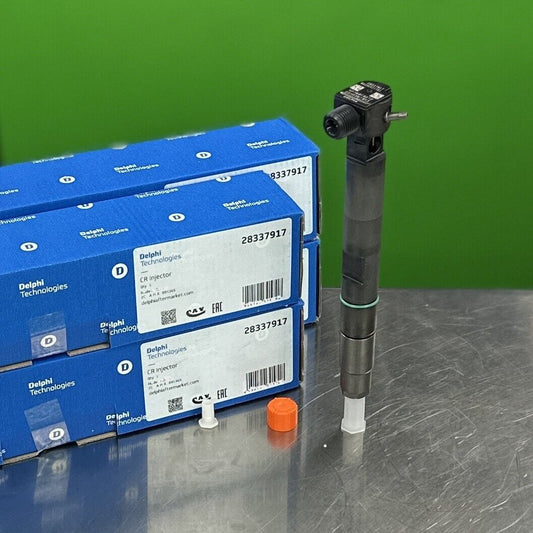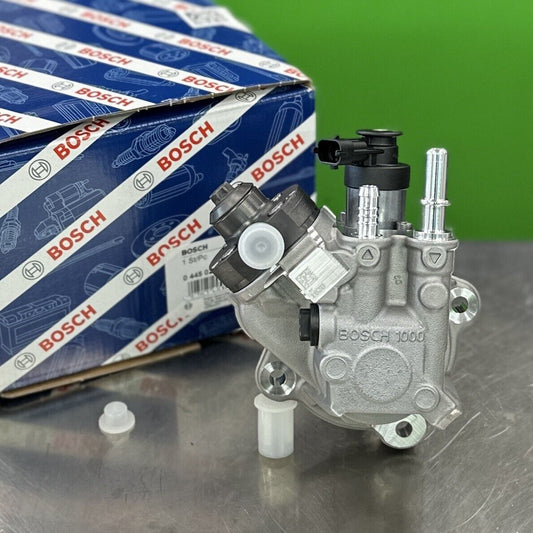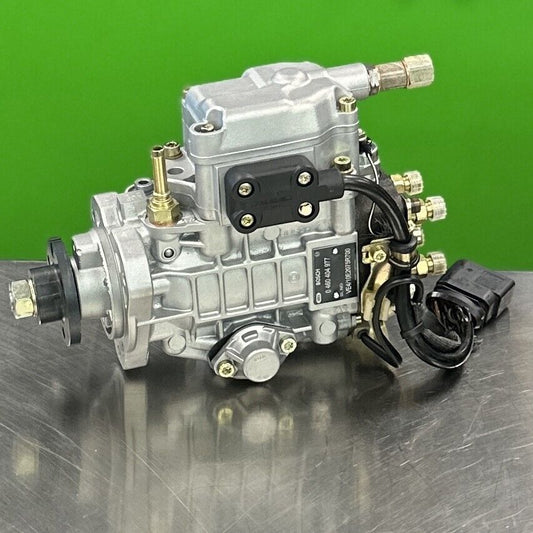Diesel Engine Emissions: Reducing Environmental Impact
Diesel engines, particularly older models, can emit harmful pollutants such as nitrogen oxides (NOx) and particulate matter (PM), which can contribute to respiratory problems, smog formation, and other environmental issues. However, advancements in diesel engine technology and the adoption of cleaner diesel fuels have significantly reduced emissions in recent years. Here are some strategies to further reduce the environmental impact of diesel engines:
-
Use low-sulfur diesel fuel.
Low-sulfur diesel fuel contains significantly lower levels of sulfur, which reduces the formation of particulate matter emissions. -
Maintain your diesel engine properly.
Regularly changing the oil, filters, and other components according to the manufacturer's recommendations can help ensure that your engine is operating efficiently and minimizing emissions. -
Consider using a diesel oxidation catalyst (DOC) or a diesel particulate filter (DPF).
These devices can help to further reduce particulate matter emissions by trapping and filtering out soot. -
Upgrade your diesel engine with newer technology.
Newer diesel engines are equipped with advanced emission control systems, such as selective catalytic reduction (SCR) systems, which can significantly reduce NOx emissions. -
Consider alternative fuel options.
Biodiesel, a renewable fuel made from plant oils, can reduce greenhouse gas emissions by up to 90% compared to petroleum diesel. -
Choose a diesel vehicle with high fuel efficiency ratings.
When purchasing a new diesel vehicle, consider models with high fuel efficiency ratings, as lower fuel consumption typically translates to lower emissions.
By adopting these strategies and supporting the development and adoption of cleaner diesel technologies, we can significantly reduce the environmental impact of diesel engines and promote cleaner air quality for all.



